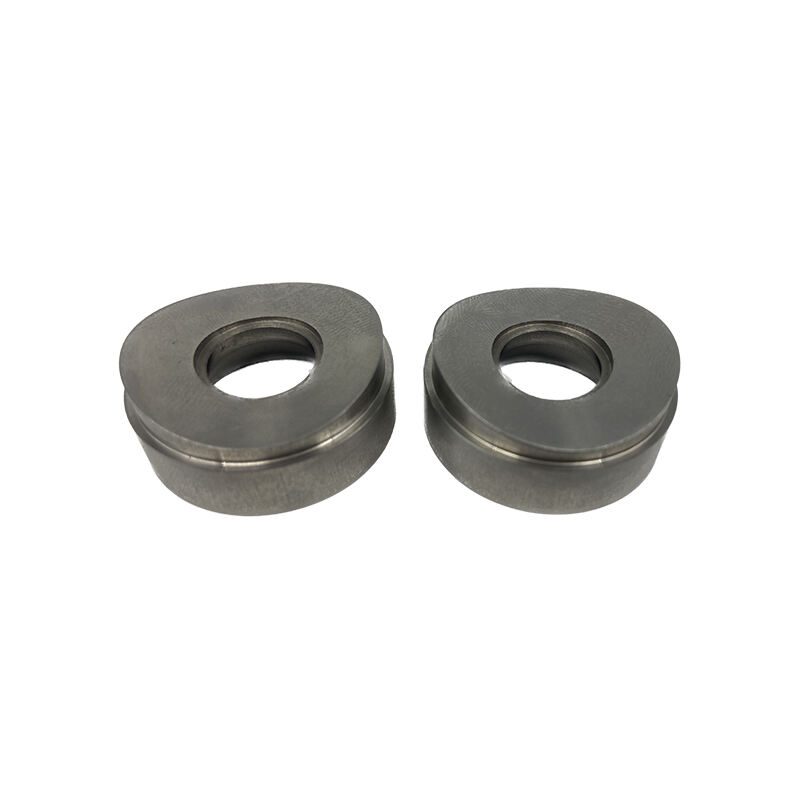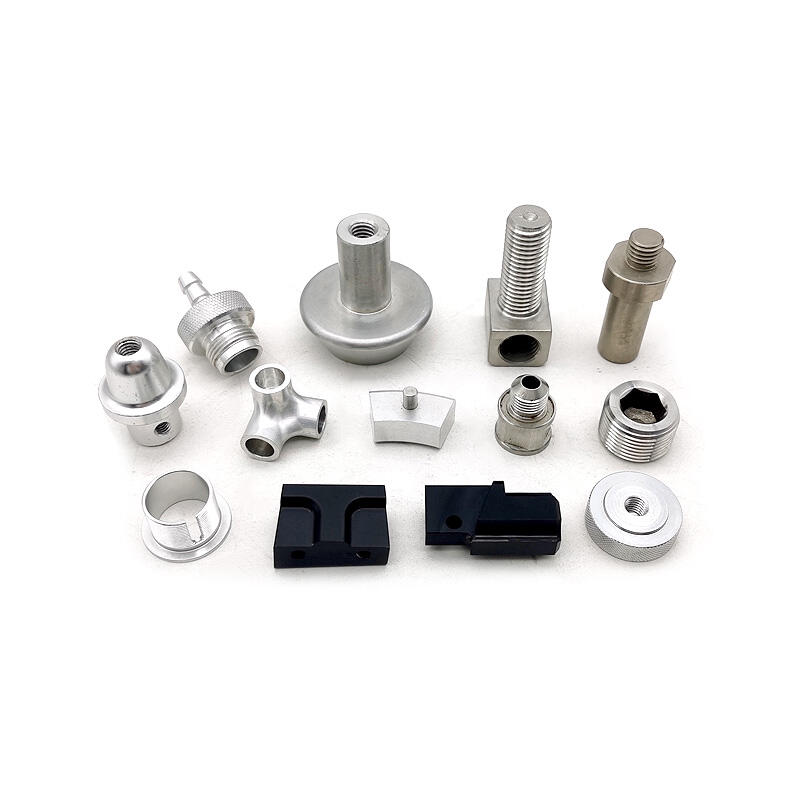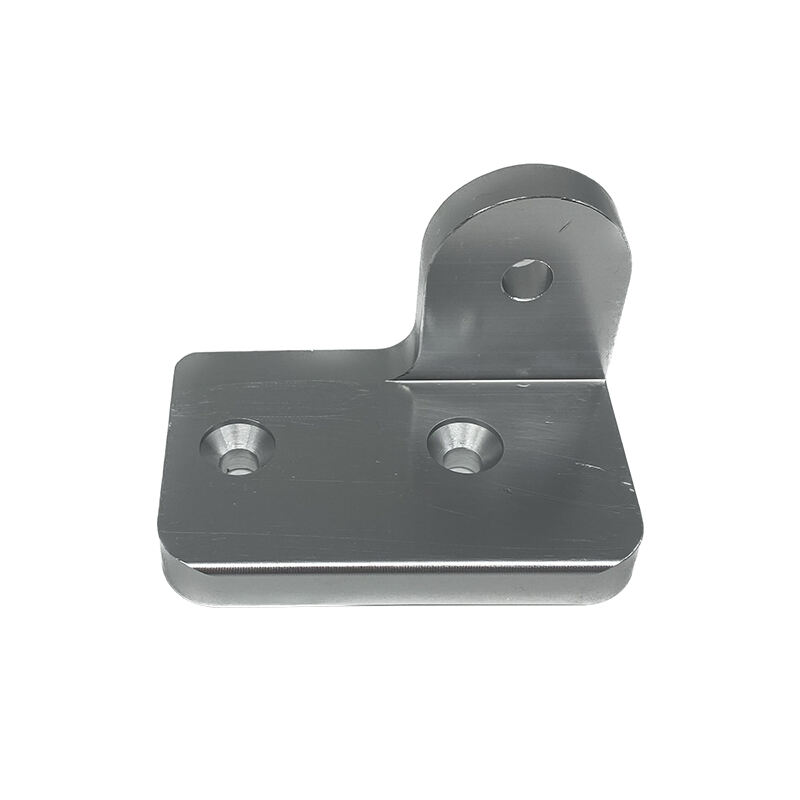precision machining and manufacturing
Precision machining and manufacturing represents the pinnacle of modern industrial production technology, utilizing advanced computer-controlled equipment and sophisticated engineering processes to create components with extraordinary accuracy. This cutting-edge methodology employs state-of-the-art CNC machines, advanced measurement systems, and automated quality control processes to achieve tolerances as precise as micrometers. The process encompasses various techniques including multi-axis milling, turning, grinding, and EDM (Electrical Discharge Machining), all working in concert to produce complex parts with consistent quality. These systems are capable of working with diverse materials, from common metals like aluminum and steel to exotic alloys and advanced composites. The technology finds critical applications across multiple industries, including aerospace, medical device manufacturing, automotive components, and high-precision electronics. What sets precision machining apart is its ability to maintain exceptional accuracy while producing both prototype quantities and high-volume production runs. The integration of advanced CAD/CAM software ensures that each component meets exact specifications, while sophisticated monitoring systems maintain quality throughout the production process.


